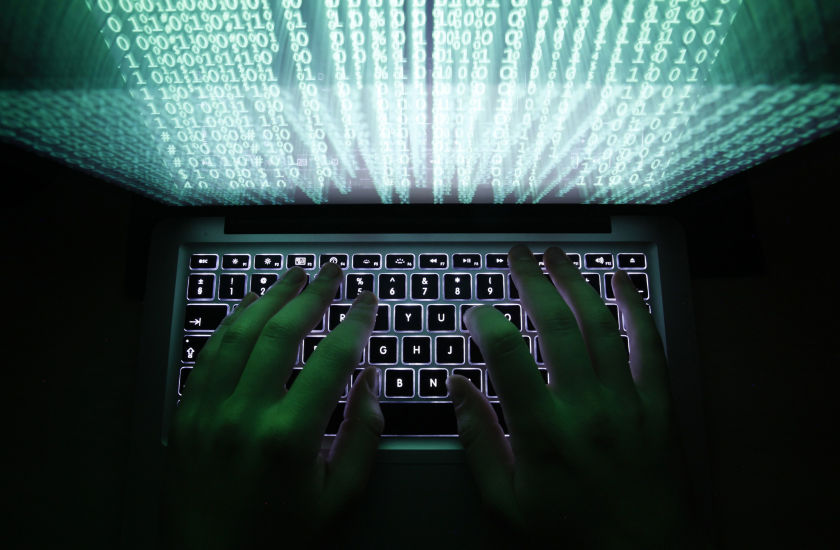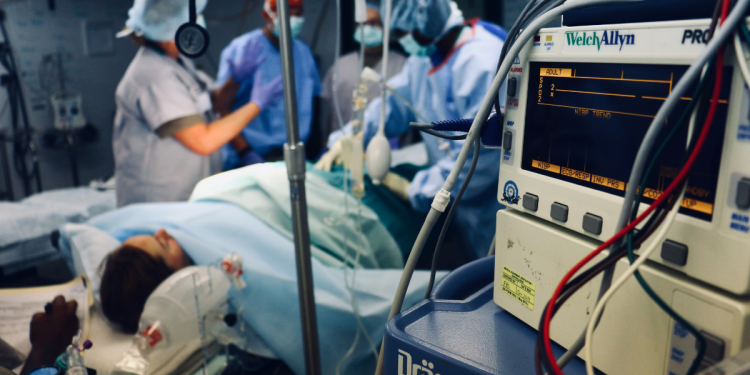In the past, leading cybersecurity experts have warned against cyber threats that hospitals may face during the COVID-19 pandemic, pointing to cases of vulnerabilities being exposed by malicious parties. In fact, health organisations and potential patients have been targeted for their heightened health concerns—disgusting circumstances for such practices, if you ask me.
And now, we might have seen the first death to ever be directly linked to a cyberattack. According to Security Week, a woman who needed urgent treatment had to be turned away from a major hospital in Dusseldorf, Germany, after the hospital suffered an IT system failure.
Instead, the passenger had to be sent to a hospital in Wuppertal—which is approximately 32km away. This caused a delay in treatment of around an hour, which ultimately contributed to her death. As such, the perpetrators—still unknown as of now—are being investigated for negligent manslaughter.

The hospital’s system failure was caused by an attack via “widely used commercial add-on software”, although specific details are scarce at the moment. From what we know, no data was lost beyond recovery, and the IT systems have now been restarted. What’s strange is that according to the hospital, “there was no concrete ransom demand”.
This might be because the ransomware wasn’t actually meant for the hospital, the report suggests. Instead, the attack was a misdirected attempt to extort Heinrich Heine University—an affiliate of the Dusseldorf Hospital. A ransom note was left on one of the hospital’s 30 servers, although there wasn’t an actual amount that was being demanded.
Regardless, this highlights the virtual dangers that hospitals and health institutions face, other than medical threats. Medical equipment has been modernised over the years, with many tools often relying on internet and network connectivity. As it stands, the German authorities are still in the middle of their investigation into the Dusseldorf case.
Eugene Kaspersky, CEO of Kaspersky, has even called for governments around the world to work together against cyberattacks on medical institutions.
“With hundreds of thousands of people already perished and millions infected around the world, medical care is more important than ever.”
For the full report, click here.
[ SOURCE ]








